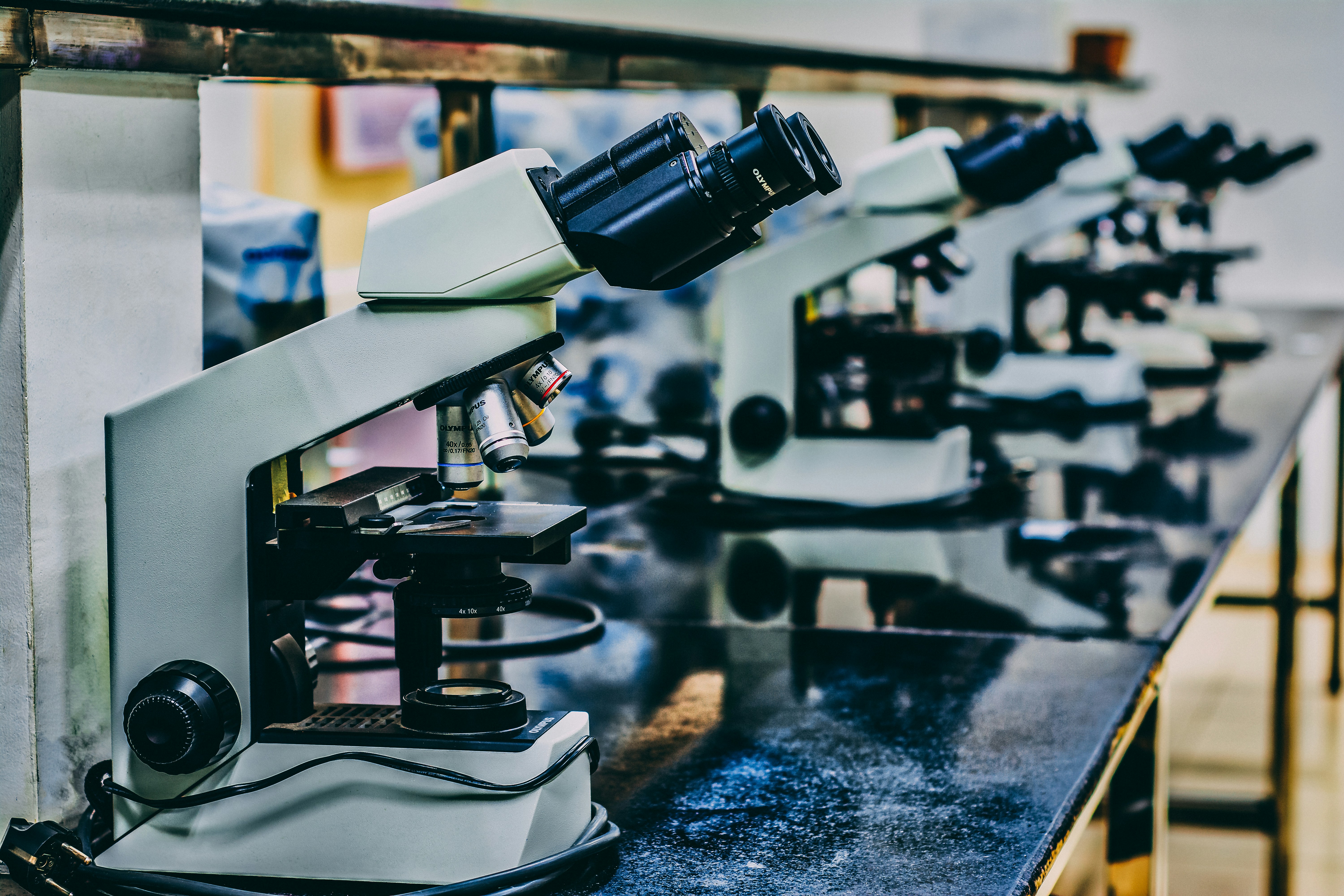At ARE Labs, we specialize in comprehensive bioaerosol regulatory testing, offering a crucial service for industries where air quality and microbial control are essential. Our expert testing services are designed to ensure compliance with the strictest regulatory standards, providing critical data for bringing your air purification unit to market.
Regulatory testing for the FDA is a vital aspect of validating the efficacy of a device such as an air purifier as well as achieving client goals in bringing new products to market. The primary testing needed for FDA testing is FDA 510(k) testing, ARE Labs has extensive experience conducting 510(k) testing on a wide variety of devices. FDA 510(k) testing refers to a premarket submission made to the U.S. Food and Drug Administration (FDA) to demonstrate that a medical device intended for commercial distribution is at least as safe and effective, that is, substantially equivalent, to a legally marketed device (21 CFR 807.92(a)(3)) that is not subject to premarket approval. This process is named after Section 510(k) of the Federal Food, Drug, and Cosmetic Act.
Substantial Equivalence: The core of 510(k) testing is to show that a new device is substantially equivalent to an existing, or predicate, device in terms of safety and effectiveness. This involves comparing the new device to one or more similar devices already on the market.
Performance Testing: The process often requires rigorous performance testing, including laboratory testing, animal studies, and sometimes clinical trials, depending on the device's complexity and intended use.
Quality Assurance: 510(k) submissions must also include detailed information about the device's design, manufacturing process, and quality assurance measures to ensure consistent product quality and safety.
Compliance with Standards: It often involves demonstrating compliance with relevant consensus standards (such as ISO standards) for various aspects of the device, like biocompatibility, sterilization, and electrical safety.
Detailed Documentation: The submission must include detailed technical and scientific documentation supporting the claim of substantial equivalence, such as device descriptions, specifications, summaries of any testing conducted, and proposed labeling.
Risk Analysis: A comprehensive risk analysis is usually part of the submission to address potential risks and hazards associated with the device.
Intended Use and Indications: The 510(k) must clearly define the intended use of the device and any indications for use, as this determines the scope of testing and evaluation.
Expert Team with Deep Industry Knowledge: Our team of experts brings a wealth of experience and specialized knowledge to every testing project.
Committed to Accuracy and Reliability: At ARE Labs, our focus is on delivering precise and dependable test results, helping you navigate the complexities of regulatory compliance with confidence.





